Help keep diabetes in check with these 14 supplements that have been proven to help control blood sugar levels.
Managing blood sugar through diet alone can be highly effective, but some people need a little extra support. Thankfully, supplements to control blood sugar have been researched extensively, and several have passed the test.
Here are the top 14 supplements that have been proven to help keep glucose and insulin levels in check.
Suffering from Diabetes or blood sugar imbalance?
Grab our FREE Paleo & Diabetes Guide
1. Berberine
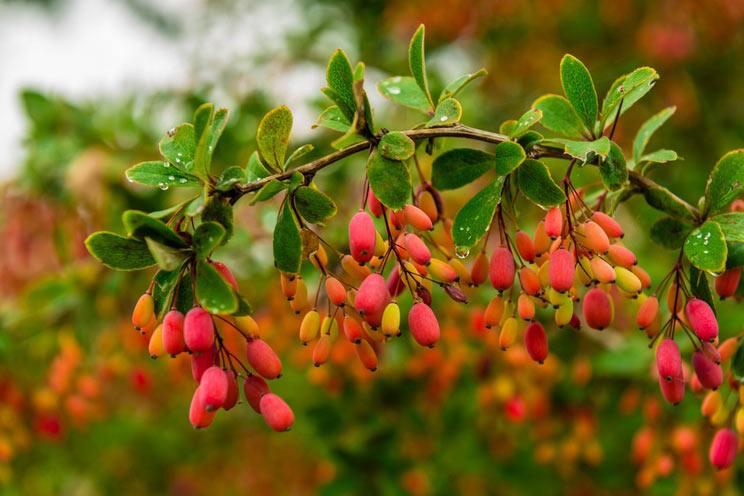
Berberine is a bitter medicinal alkaloid found in the roots and stems of goldenseal, Oregon grape, barberry, and tree turmeric. (1) It has long been used in traditional Chinese medicine and Ayurveda and can be used as a dye because of its deep, yellow-golden color.
Berberine can be effective at lowering blood glucose levels for those with type 2 diabetes or excessive glucose levels. Taken in capsule form twice daily at 500 milligrams for at least three months, it can reduce fasting glucose and postprandial glucose. (2) Some research has even shown berberine to be as effective as Metformin, a medication commonly prescribed to control glucose levels in diabetic patients, when taken two or three times daily. (3,4)
2. Cinnamon
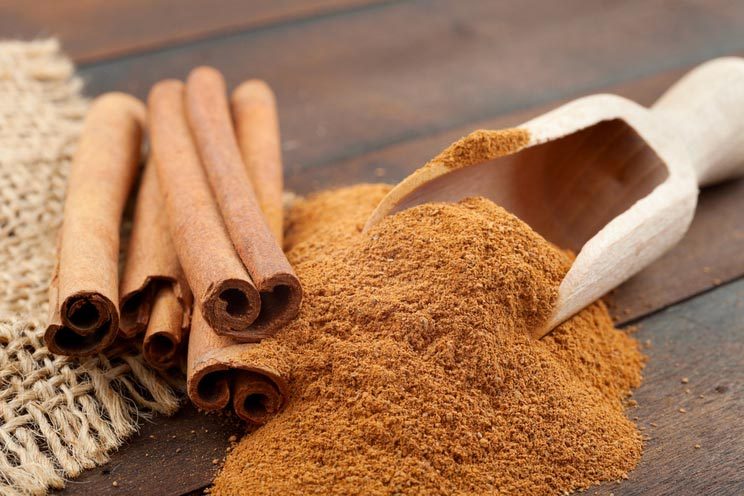
Cinnamon comes from the inner bark of a tree common to southeastern Asia. There are two common forms of cinnamon: cassia and Ceylon. Ceylon cinnamon is the superior form though buyers should be aware that spices purchased in stores are most often the cassia variety.
Significant research has been done evaluating the health benefits of cinnamon for diabetes and blood sugar control. While not all studies agree on the specific degree of benefits, most agree that a daily intake of cinnamon can reduce fasting blood glucose by an average of 24 mg/dL, as well as reduce cholesterol and triglycerides. (5)
The average dose of cinnamon used for blood glucose benefits is between 120 mg and 6 grams daily, for up to four months. (6,7)
3. Curcumin
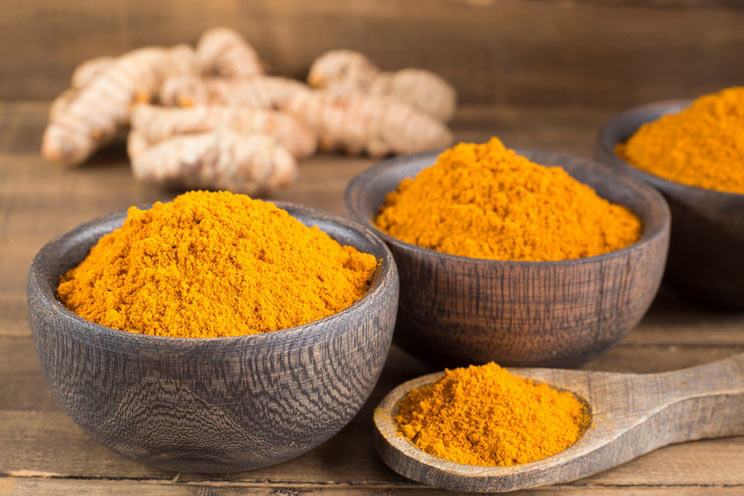
Turmeric, whose active ingredient is curcumin, is a warm spice known for its deep yellow-orange color and distinct earthy flavor.
Turmeric is renowned for its anti-inflammatory benefits and can be used to naturally address depression, arthritis, and other chronic conditions. When taken once or twice daily in 750 mg capsules, curcumin can actually reduce glucose levels and can prevent diabetes from developing in those who are pre-diabetic. (8)
Turmeric can also be consumed as a tea or other drinks, such as this turmeric-mango tonic.
4. ALA
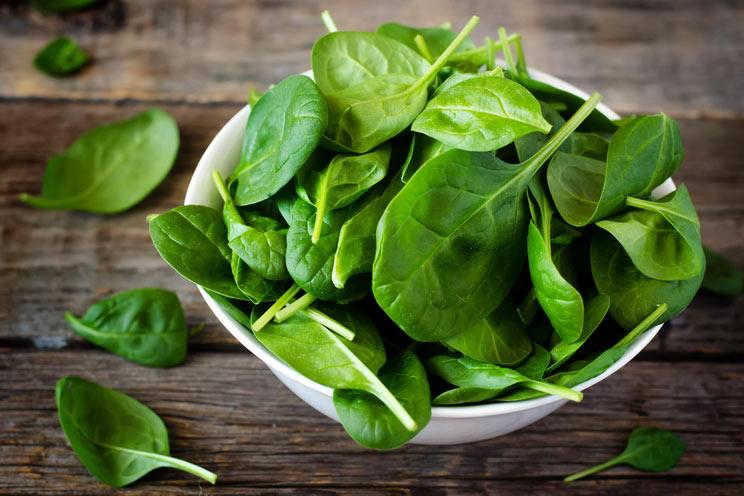
ALA, or alpha-lipoic acid, is an antioxidant found in sources like broccoli, spinach, and brewer’s yeast.
When used in concentrated supplement form, ALA can improve insulin sensitivity and glucose levels. (9) Dosing can range anywhere from 300 mg to 1800 mg daily and can show effective benefits in as little as four weeks. (10)
ALA can also naturally help to prevent the onset of diabetes in those who have prediabetes or insulin sensitivity, especially when taken daily for at least two weeks. (11)
5. Chromium Picolinate
Chromium picolinate is a trace mineral that can be used to gain glucose control in those with all forms of diabetes, people with metabolic syndrome, and women with PCOS-related glucose and insulin issues. (12,13,14,15)
While lower doses can be effective, higher doses will have more definitive results. Research shows that 1,000 micrograms per day in divided doses may be optimal for controlling glucose quickly. (16)
6. Vitamin D3
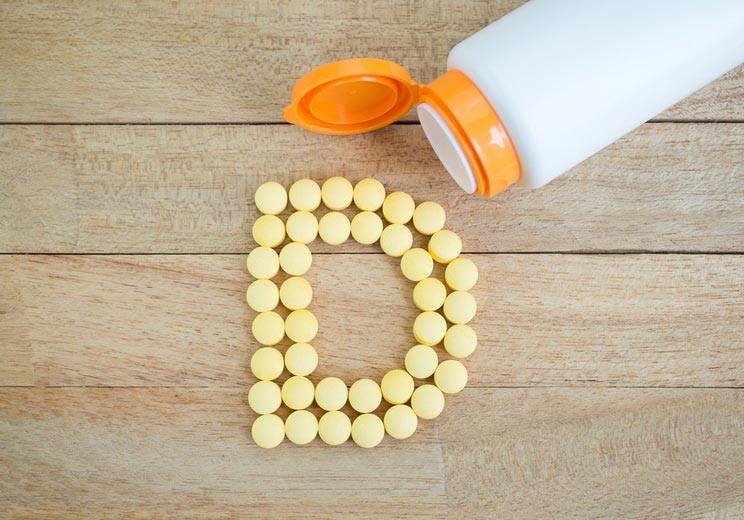
Vitamin D is a fat-soluble vitamin that the body can synthesize from cholesterol after direct sunlight exposure.
Research shows that people with lower vitamin D levels have an increased risk of developing glucose problems and type 2 diabetes. (17)
Since dietary sources of vitamin D are limited, and sunshine exposure isn’t available year-round for most people, supplementing with a high-quality vitamin D3 capsule can provide the best health benefits. Take vitamin D after a meal with some fat, or at the same time as fish oil, for best absorption.
7. Ginseng

There are three distinct varieties of this adaptogenic herb – American ginseng, Panax ginseng, and Siberian ginseng. While they have similar properties, some are more effective than others, depending on the condition being treated.
For blood sugar control and diabetes, American ginseng seems to be most effective at reducing postprandial glucose levels when taken up to two hours before a meal in a dose of 3 grams. (18) American ginseng can also reduce fasting blood glucose when taken daily for eight weeks, between 100 and 200 mg per day. (19)
Siberian ginseng can also help to reduce fasting and postprandial blood glucose levels when taken daily for three months in a dose of 480 mg. (20)
While Panax ginseng has health benefits of its own, there is no solid research backing its ability to control diabetes.
8. Milk Thistle
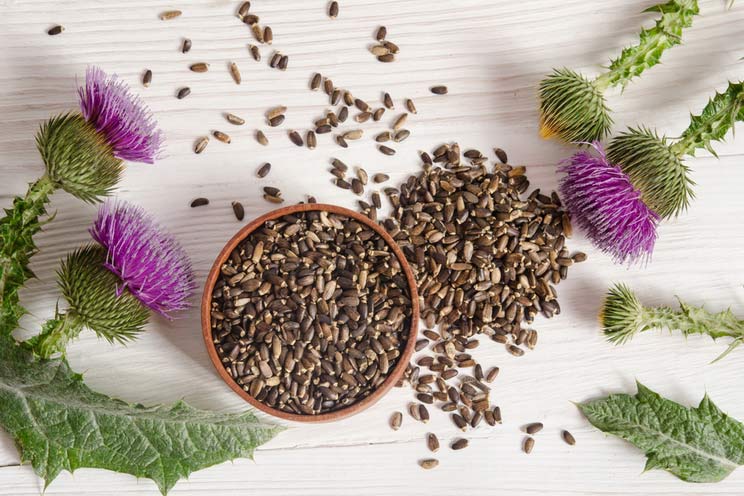
Milk thistle is a flowering plant known for its natural detox support. Research shows that milk thistle can be beneficial for lowering fasting blood sugar levels, along with hemoglobin A1C, cholesterol, and triglycerides. (21,22)
When taken as 200 mg three times daily, milk thistle can also help to improve insulin resistance in pre-diabetics and those with active diabetes. (23)
While milk thistle is most effective when taken in capsule form, it can also be brewed as a herbal tea.
9. Inulin
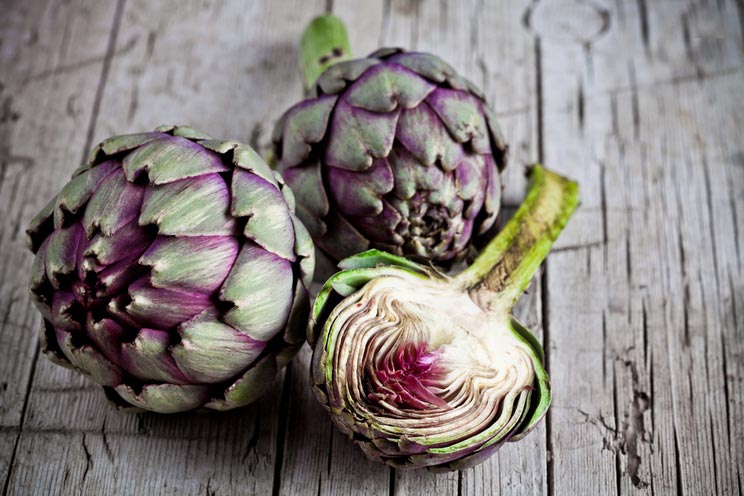
Inulin is a starchy fiber found in fruits, vegetables, and herbs like onions, bananas, leeks, artichokes, and asparagus. When in supplement form, inulin is usually derived from chicory root.
Inulin is a prebiotic that can help to slow the breakdown of sugars and can help to stabilize glucose and insulin levels. (24,25)
You should ease into inulin supplementation slowly. Start with 1-2 grams once a day for 2-3 weeks. After that, increase your dosage by 1-2 grams, waiting another 2-3 weeks to adjust. The max inulin dose for anyone should be 5-7 grams daily or as recommended by a doctor.
10. Fenugreek
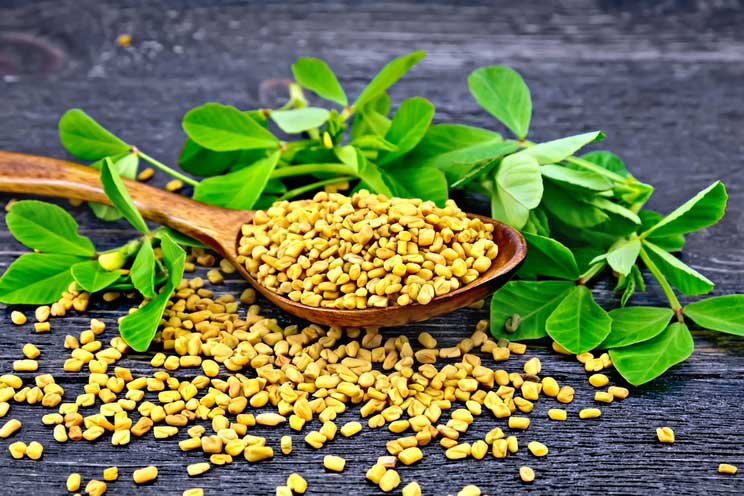
Fenugreek is an aromatic herb that produces powerful medicinal seeds. Most notably, fenugreek is used to boost immunity. It has a slightly sweet flavor, similar to maple syrup.
Fenugreek has been a long-time natural remedy for diabetes in Africa, Asia, and parts of Europe. (26) Research indicates that fenugreek can be helpful in improving blood glucose levels, including postprandial and fasting, when taken between five and 50 grams for a minimum of four days and up to 24 weeks. (27,28)
Fenugreek also can be ground into a flour and added to foods for an equally effective way to supplement.
11. White Mulberry
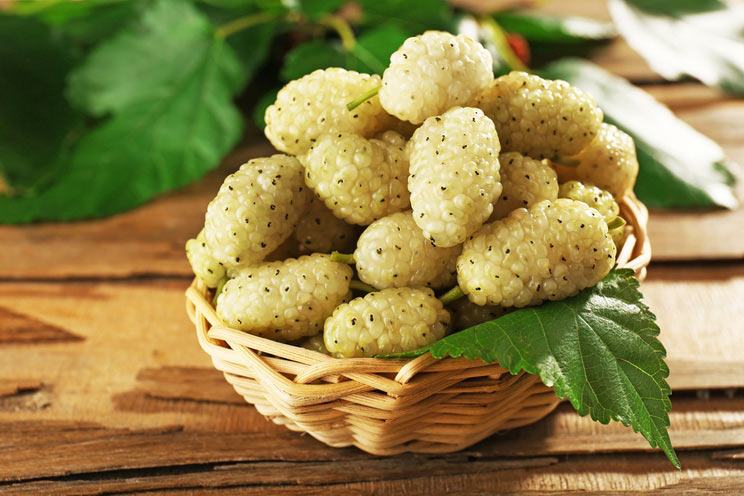
White mulberry is a small shrub with small, pinkish white berries that have a bitter taste.
When used as a supplement with one gram three times daily, white mulberry has been shown to help reduce fasting glucose levels by as much as 27 percent when used consistently for at least four weeks. (29) The same effects don’t appear to happen if the berries are eaten directly.
12. Psyllium
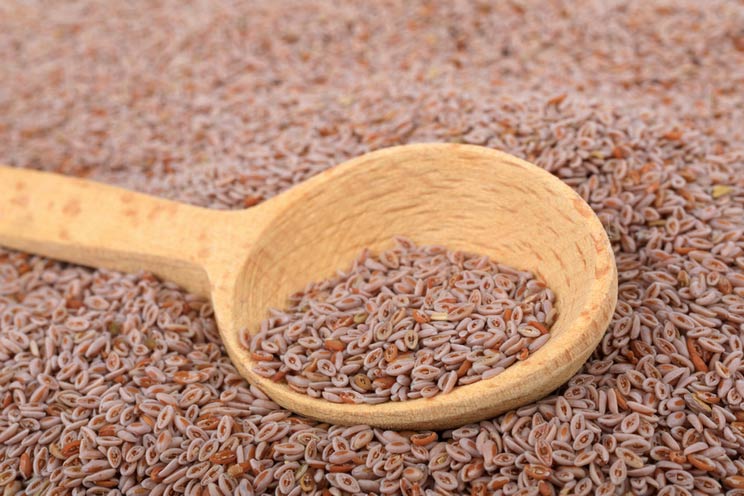
Psyllium is a popular supplemental fiber, often used to relieve constipation. It comes from an herb that primarily grows in India, and can be purchased as husks, capsules, powder, or granules. It is sometimes added to baked goods to increase fiber content.
Because psyllium doesn’t fully digest, it can help to decrease glucose levels and provide balanced digestive function. (30,31) Because it is a gentle food source, psyllium causes little side effects and is well tolerated by most individuals, especially when it is gradually eased into the diet.
Psyllium can help to reduce postprandial glucose levels by as much as 20 percent, in patients with both type 1 and type 2 diabetes. (32,33)
Psyllium can be taken in capsule or powder form. Because dosages can differ dramatically, it’s important to follow the product recommendations but to ease into the full amount by starting with a quarter dose, and then increasing over a week or two. Psyllium, regardless of the form, always needs taken with a full 8-12 ounce glass of water.
13. Glucomannan
Glucomannan is a dietary fiber derived from the konjac plant. When taken orally, it can help to reduce both cholesterol and glucose levels, especially in people with type 2 diabetes. (34)
Beyond glucose control alone, glucomannan can help to improve sensitivity in pre-diabetic individuals as well as those with type 2 diabetes. (35)
Glucomannan can also be found in foods, most notably in shirataki noodles, which are low-carb and Paleo-friendly.
14. Magnesium

Magnesium is an essential mineral that has an impact on more than 300 cellular reactions within the body. It has gained exposure in recent years for the positive effects it can have on sleep, stress, muscle cramps and pains, and constipation.
Magnesium can be found in many food sources, including broccoli, leafy greens, almonds, dark chocolate, and other seeds and nuts. Still, some people get far too little magnesium and are operating under a consistently low level, which can increase the risk of developing diabetes. (36)
Improving magnesium intake can help to lower fasting insulin and can also reduce the risk of developing diabetes. (37) Taking 100 mg daily can be beneficial, although as much as 300 mg is considered safe and effective. (38)
Bottom Line
While these supplements can help balance glucose and insulin levels, they are often only effective when dietary and lifestyle factors, like exercise, are already in play.
It’s important to note that supplements can’t fix a bad diet, but can only add to what is already in place with a health-supportive lifestyle.

(Read This Next: Why Blood Type Doesn’t Matter – Plus 5 Other Weight Loss Secrets Revealed


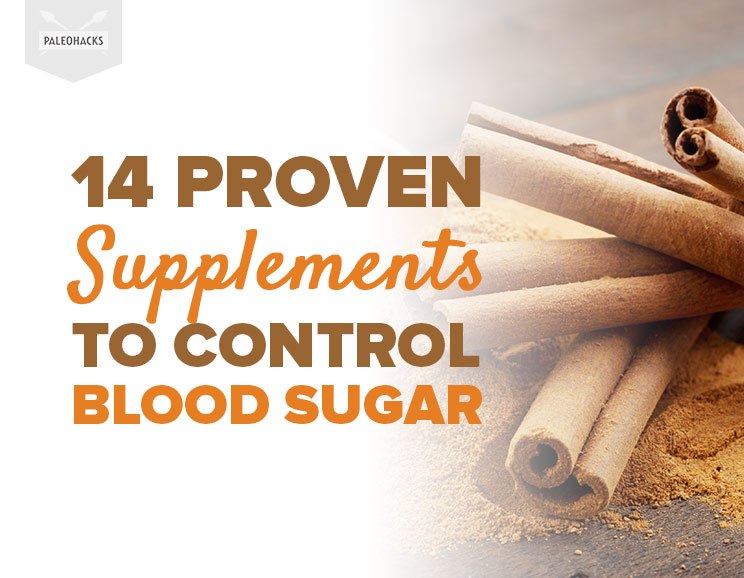
 Blueberry Crêpe Cake Recipe
Blueberry Crêpe Cake Recipe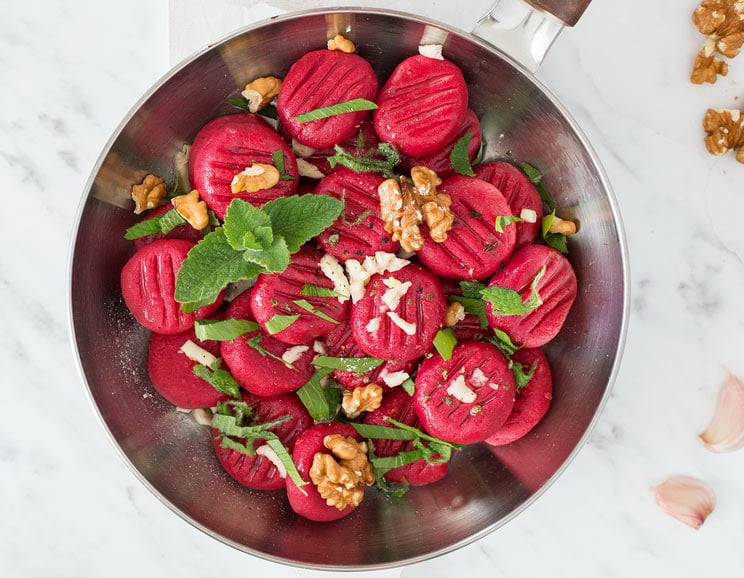
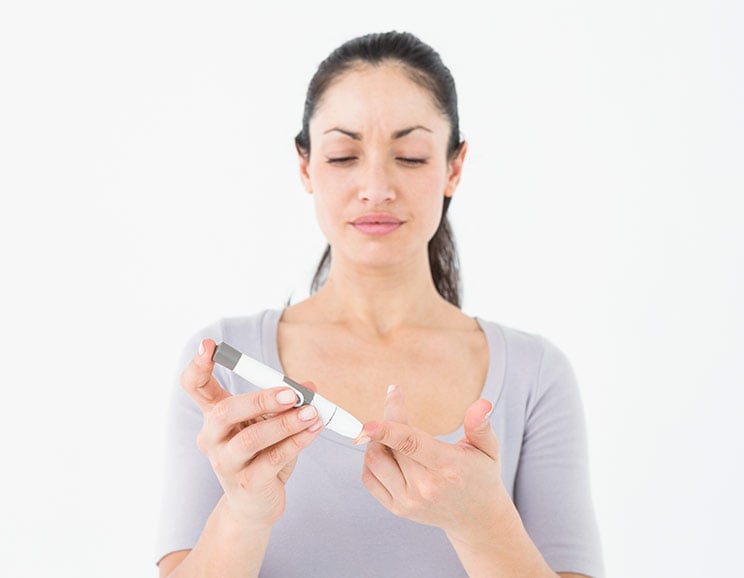

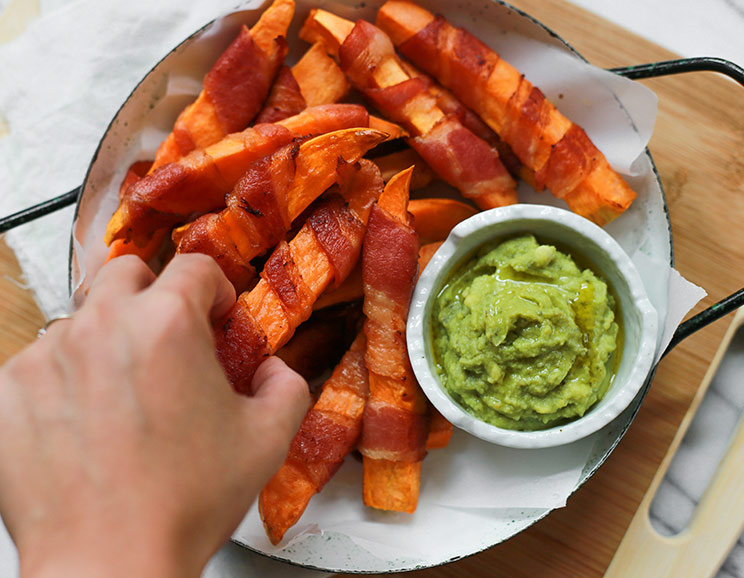

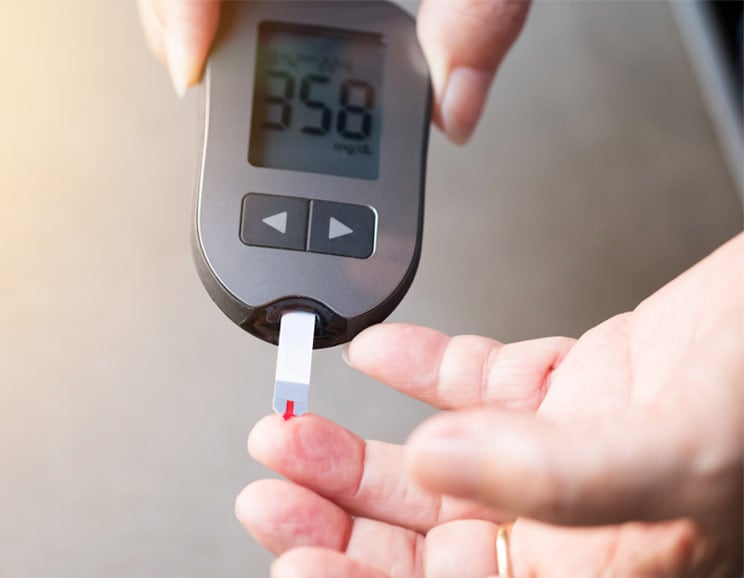


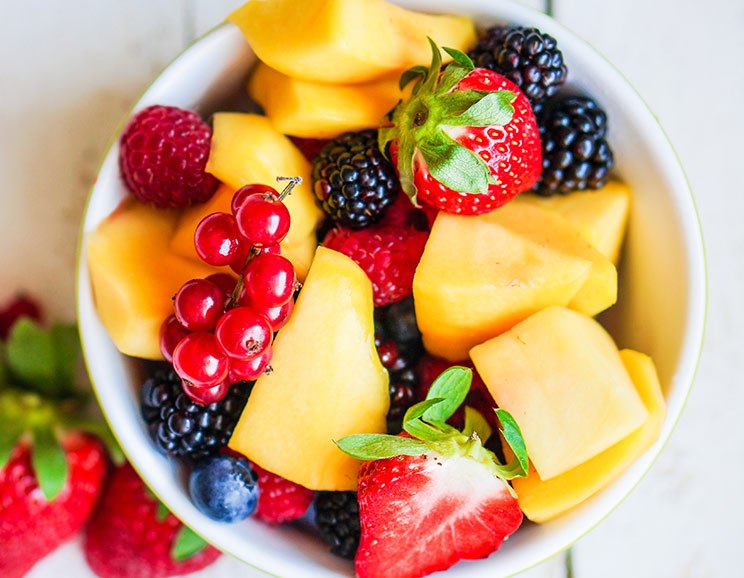
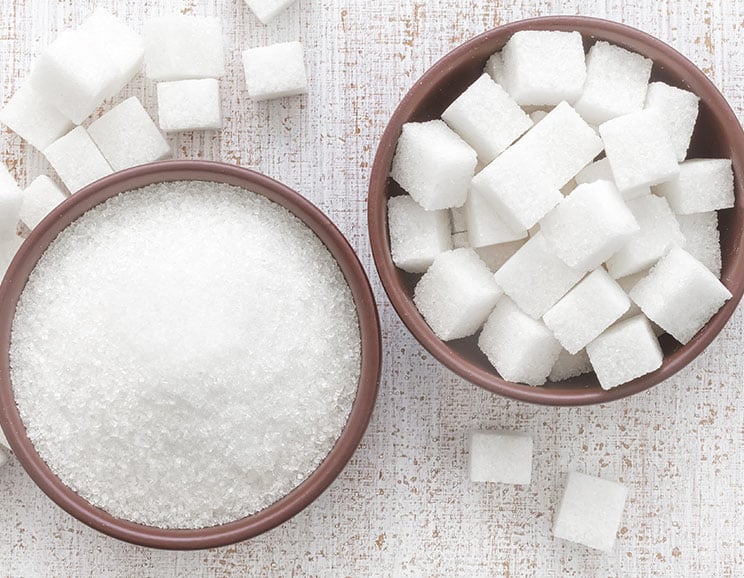
Show Comments